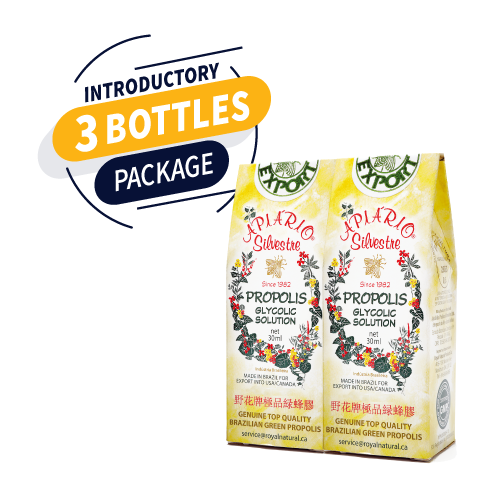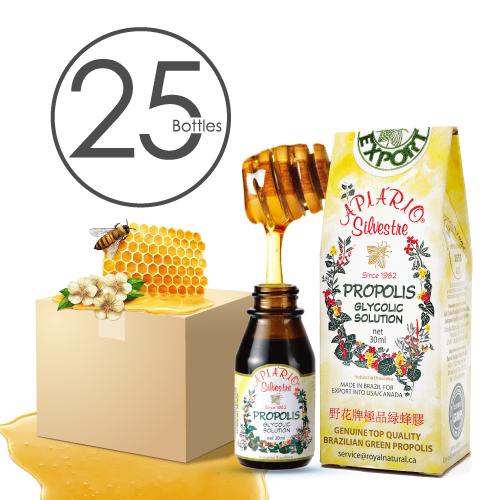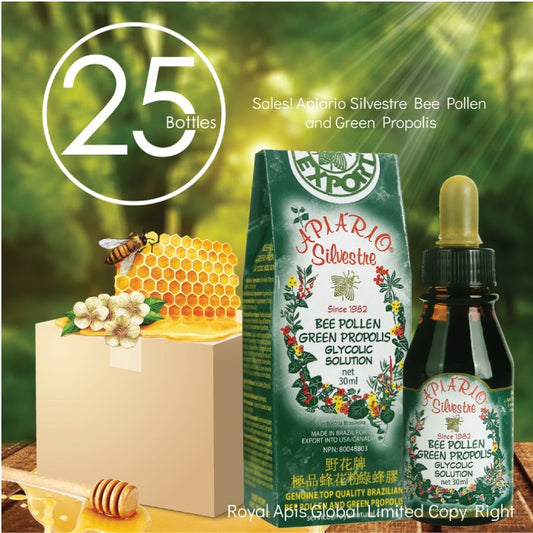What is HACCP certification?

What is the importance of HACCP?
In the food production process, early awareness of potential hazards determines the importance of HACCP. By controlling major food hazards in advance, such as microbial, chemical and physical contamination, the food industry can better provide consumers with consumption safety guarantees, reduce hazards in the food production process, and thereby improve people's health.
Are HACCP standards new? Why has the international community paid so much attention to HACCP in recent years?
HACCP is not a new standard. It was developed in the 1960s by the Pillsbury Company in conjunction with the National Aeronautics and Space Administration (NASA) and a U.S. military laboratory (Natick area). The system was originally established for aerospace operations in space. Provide staff with food safety assurance.
In recent years, with people around the world paying increasing attention to food safety and hygiene, the food industry and its consumers have become the main driving force for companies to apply for HACCP system certification. The significant increase in food poisoning incidents worldwide has inspired an increase in economic order and food hygiene awareness. In countries such as the United States, Europe, the United Kingdom, Australia, and Canada, more and more regulations and consumer requirements have transformed the requirements of the HACCP system into Market access requirements. Some organizations, such as the U.S. National Academy of Sciences, the National Microbiological Food Standards Advisory Committee, and the WHO/FAO Nutrition Law Committee, unanimously believe that HACCP is the most effective management system to ensure food safety.
Compared with traditional food safety control methods, what is unique about HACCP?
To put it simply, the focus of traditional food safety control is "post-detection", while the focus of the HACCP system is "prevention in advance." The traditional food safety control process is generally based on "concentrated" inspections, testing of final products, etc., and uses the "look, smell, and feel" method to find potential hazards instead of taking a preventive approach, so there are certain limitations. , for example, completing food processing work within a specified time, relying on intuition to predict potential food safety issues, costly inspections of final products, and obtaining meaningful and representative information in the collection and analysis There is a big difficulty in getting enough samples.
Under the guidance of HACCP management system principles, food safety is integrated into the design process instead of final product testing in the traditional sense. Therefore, the HACCP system can provide a preventive system. The HACCP practice in some countries shows that implementing the HACCP system can more effectively prevent food contamination. For example, statistics from the U.S. Food and Drug Administration show that among aquatic product processing enterprises, those that implement the HACCP system have a 20% to 60% lower probability of food contamination than those that do not.
Apiario Silvestre Brazilian Green Propolis
——The only propolis that has obtained double certification of hypoglycemic and HACCP
Apiario Silvestre, the top-quality green propolis of Brazil's Wild Flower brand, has once again successfully won the title of the world's most stringent product after successively obtaining GMP certification for excellent production quality in the international health care product industry, 87 comprehensive safety test certifications from independent laboratories of the US FDA and Canada's official natural health product NPN certification. The food safety management system has obtained the HACCP certification (BR13/7429) issued by the international food safety supervision system , becoming the only Brazilian green propolis brand in North America with this international authority.






